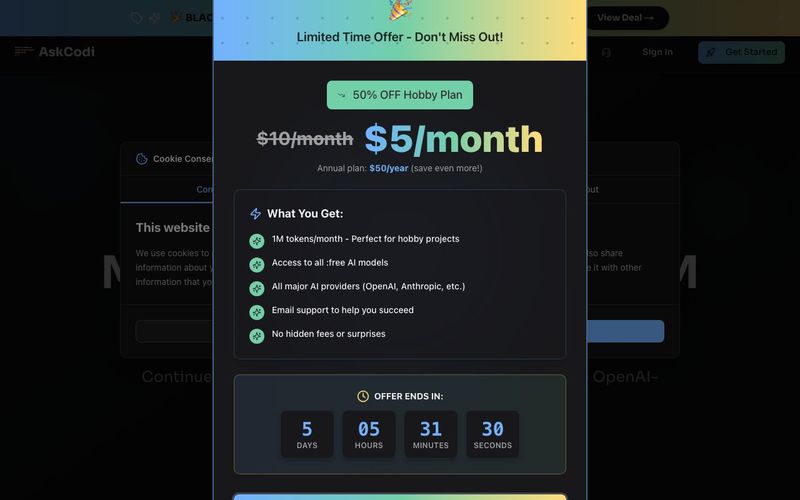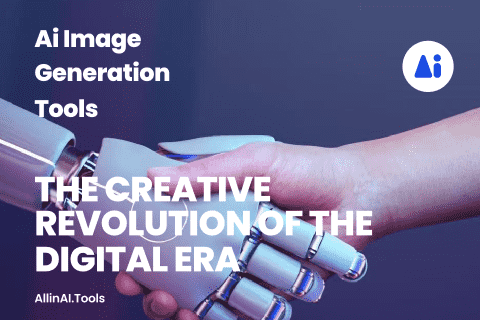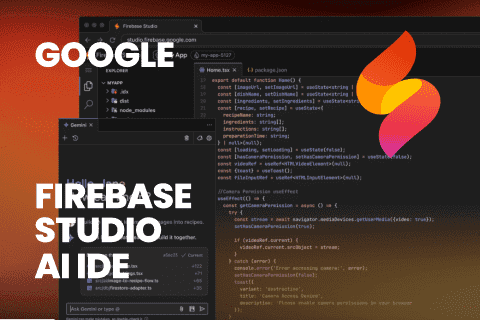Sign Up and Set Up
- Create an account on AskCodi.
- Obtain your API key to connect your development tools.
Connect AI Models
- Integrate with your preferred LLM providers such as OpenAI (GPT-4, GPT-4o, GPT-5), Anthropic (Claude), Google Gemini, or open-source models like Llama, Mistral, and CodeLlama.
- Route all models through AskCodi’s unified OpenAI-compatible API for seamless access.
Define Custom Code Models
- Create reusable “code models” by bundling prompts, coding rules, reasoning modes, review passes, and guardrails.
- These models can enforce standards, security checks, and project-specific instructions automatically.
Use AskCodi in Your Tools
- Access your custom models via IDE extensions such as VS Code or JetBrains.
- Integrate with AI IDEs like Continue.dev, Cursor, Cline, and Aider.
- Use the OpenAI-compatible API in terminals or internal apps.
Run Code Assistance Tasks
- AskCodi handles code generation, bug detection, refactoring, and code review automatically.
- Multi-step reasoning and self-review ensure high-quality and safe outputs.
Monitor Usage and Billing
- Track token usage for all prompts and responses.
- Upgrade plans or add capacity as needed to scale your AI-powered coding workflow.
Collaborate and Scale
- Use AskCodi with teams by sharing custom models.
- Apply organizational guardrails consistently across all developers.
AskCodi is a cutting-edge AI tool designed to redefine Code Assistance for developers and teams seeking efficiency, consistency, and control. Getting started with AskCodi is straightforward: you simply create an account, obtain your API key, and connect your development tools. Once set up, AskCodi allows you to integrate multiple AI models seamlessly, including OpenAI’s GPT-4 and GPT-5 series, Anthropic’s Claude models, Google Gemini, and open-source alternatives like Llama, Mistral, and CodeLlama. By routing all these models through AskCodi’s unified OpenAI-compatible API, developers can streamline their AI-powered coding workflows without juggling multiple endpoints or SDKs.
A major strength of AskCodi lies in its custom code models. Users can define reusable models that bundle prompts, coding rules, reasoning modes, review passes, and organizational guardrails. This ensures that every AI-assisted code generation task adheres to project-specific standards, security protocols, and best practices automatically. Once models are defined, AskCodi can be accessed in multiple environments, including IDE extensions like VS Code and JetBrains, AI IDEs such as Continue.dev and Cursor, terminal-based workflows, or internal applications—offering unmatched flexibility for modern development teams.
AskCodi’s Code Assistance capabilities cover the full spectrum of developer needs: from generating new code and refactoring existing scripts to detecting bugs and performing AI-driven code reviews. Multi-step reasoning and self-review modes guarantee high-quality outputs, reduce errors, and enforce safety standards across every codebase. In addition, AskCodi provides real-time monitoring of token usage, making it simple to manage consumption, scale capacity, and optimize costs as development needs grow. Team collaboration is also seamless, allowing shared custom models and consistent application of guardrails across all team members.
In conclusion, AskCodi is more than just a coding assistant—it is a professional-grade AI tool for Code Assistance that enhances developer productivity, ensures coding standards, and accelerates project delivery. Its combination of multi-model integration, custom code models, and scalable collaboration makes it an indispensable platform for any developer or team looking to leverage AI for high-quality software development.




